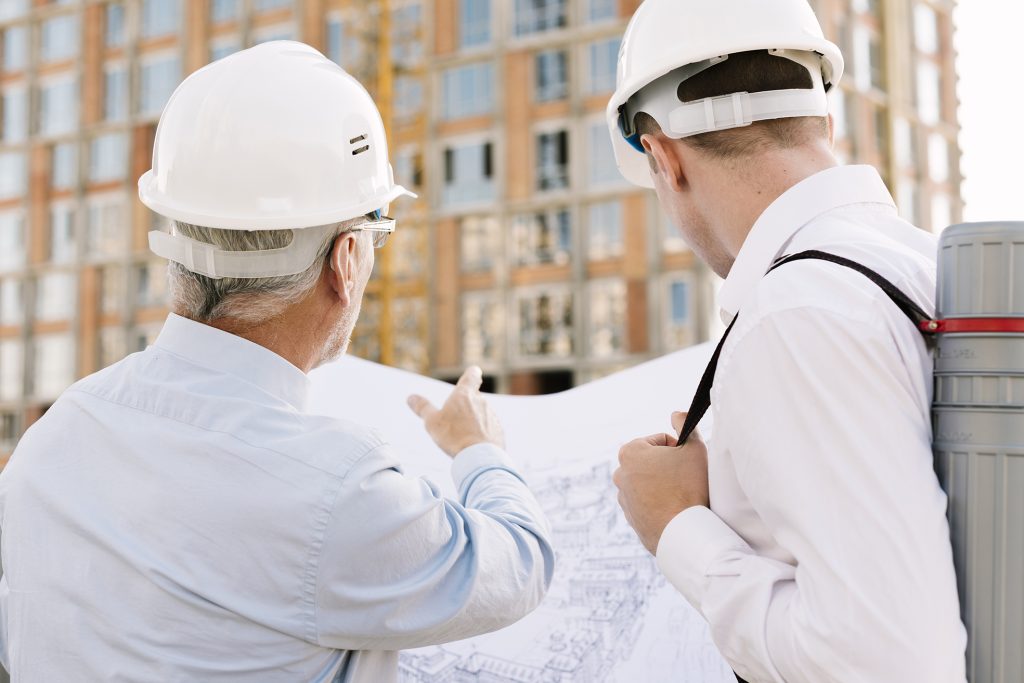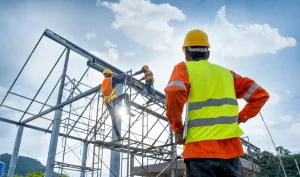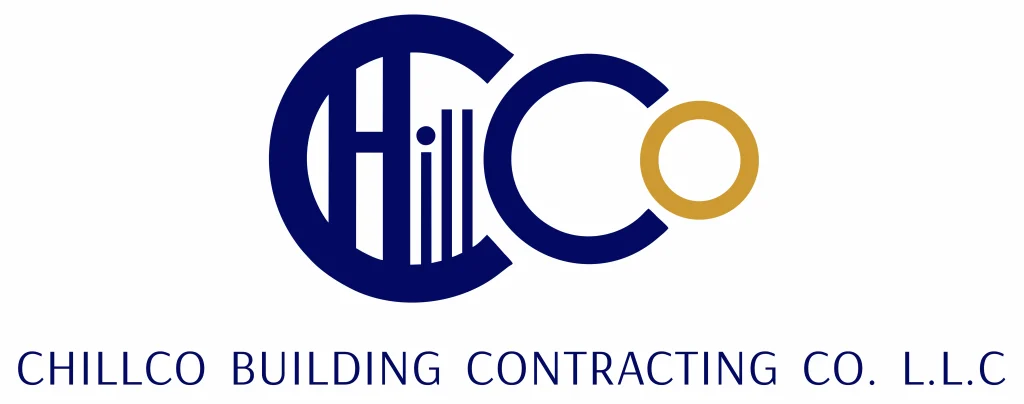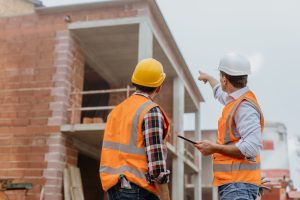
Dubai’s skyline is a symbol of ambition, innovation, and rapid growth. From the iconic Burj Khalifa to sprawling residential communities and state-of-the-art commercial developments, the city’s architectural feats are admired worldwide. But beyond the gleaming façades lies a vital element that often goes unnoticed yet holds everything together — quality control. In a city where speed meets scale and aesthetics rival engineering, quality control isn’t just another box to tick — it’s the backbone of Dubai’s construction success. Without it, the city’s meteoric rise wouldn’t be sustainable.
The Stakes Are High in Dubai’s Construction Landscape
Dubai is unlike any other city in the world. Its hyper-accelerated development, ambitious vision, and challenging climate present a unique set of circumstances for builders and developers.

Projects must be completed quickly, often with complex designs and innovative materials. Add to that scorching summer heat, sandstorms, humidity, and saline groundwater — and you have one of the most demanding construction environments globally. These conditions amplify the risks: cracks, corrosion, material fatigue, and structural failure. Any compromise on quality can lead to delays, safety hazards, cost overruns, or in worst-case scenarios, catastrophic failures.
That’s why quality control isn’t optional — it’s essential. It ensures every material, every process, and every installation meets stringent industry standards and local building codes. It’s the only way to deliver structures that last, perform, and inspire confidence.
Building Trust Through Quality
In Dubai’s highly competitive real estate and construction market, reputation is everything. Contractors and developers known for upholding quality standards earn the trust of clients, investors, and regulators. Projects delivered on time, within budget, and without issues set a benchmark — not just for performance, but for integrity and reliability.
For the end-user — whether it’s a homeowner, office tenant, hotel guest, or retail operator — quality brings peace of mind. A well-built space means fewer repairs, better safety, increased comfort, and long-term value. In return, satisfied customers lead to referrals, repeat business, and long-lasting partnerships.
What Quality Control Looks Like on the Ground
Effective quality control involves more than checklists. It’s a comprehensive, multi-layered process that spans the entire lifecycle of a construction project — from planning to post-handover.
Here’s what that looks like in practice:
-
Material Inspection: Before a single brick is laid or a beam is poured, all incoming materials are checked for compliance with specifications. Substandard materials are rejected outright.
-
Workmanship Monitoring: Supervisors ensure that work on-site meets engineering and safety standards. Everything from rebar placement to concrete curing is monitored closely.
-
On-site Testing: Regular testing — such as concrete cube tests, weld inspections, and waterproofing checks — are conducted to validate quality and strength.
-
Compliance Checks: Construction must adhere to Dubai Municipality regulations, civil defense protocols, and environmental guidelines. Failure to comply can halt work and result in penalties.
-
Final Walkthroughs: Before handover, a thorough inspection identifies and corrects any issues, ensuring a flawless finish.
This systematic approach minimizes rework, improves safety, and protects both financial and reputational interests.
Quality Control and Sustainability: Two Sides of the Same Coin
Dubai is not just building fast — it’s building smart. With a growing emphasis on green buildings, LEED certification, and energy-efficient systems, quality control has taken on an even more important role.
To achieve sustainability goals, components like insulation, HVAC systems, solar panels, and water-saving fixtures must be installed with precision. Poor execution can lead to energy leaks, inefficiency, and early deterioration — directly undermining green building goals.
By aligning quality control with sustainability, Dubai’s contractors are contributing to a future where buildings are not only durable but also environmentally responsible and cost-effective in the long term.
The Human Factor: Training and Culture
At the core of every successful quality control system is a well-trained, dedicated workforce. Tools and systems alone don’t guarantee excellence — people do. At Chillco, we believe in continuous training, clear communication, and a workplace culture that values pride in craftsmanship. From site engineers and safety officers to skilled laborers and project managers, everyone is responsible for upholding our standards. We empower our teams through:
-
Ongoing technical training
-
Quality awareness workshops
-
Transparent feedback and reporting channels
-
Recognition programs for those who consistently deliver high-quality work
This culture ensures that quality isn’t enforced — it’s embraced.
Quality Control is the Foundation of Dubai’s Future
Dubai’s reputation as a global architectural and construction powerhouse is built on a foundation of rigorous quality control. It ensures that projects are safe, sustainable, durable, and profitable. It builds trust, reduces risk, and enables innovation. In today’s fast-paced construction environment, quality is not a luxury — it’s a necessity. It’s what turns vision into value. At Chillco, we take this responsibility seriously. Our commitment to quality is woven into every stage of our work.

